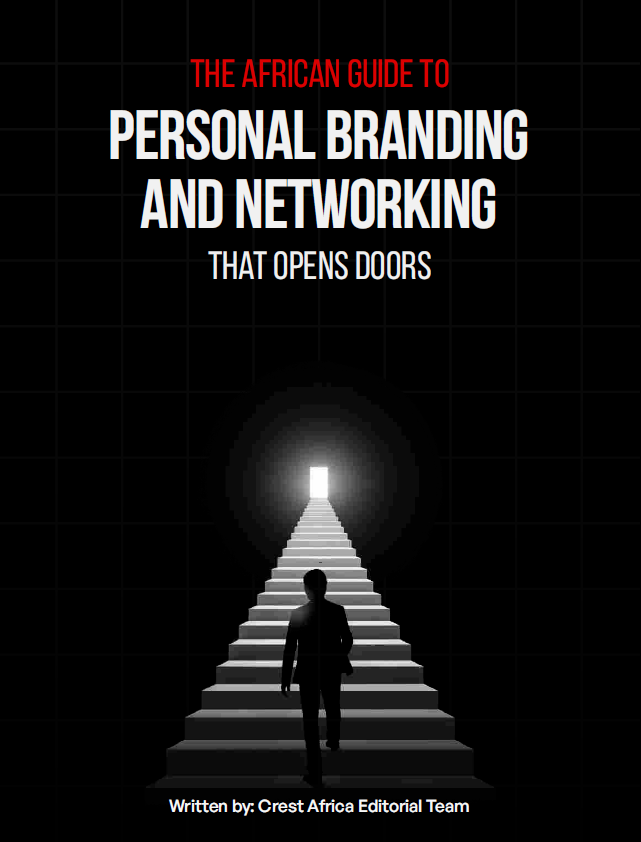South Africa and China have launched a new push for investment across mining, energy, and infrastructure following a sharp rise in U.S. import tariffs.
The effort was announced at the opening of the ninth annual South Africa-China trade promotion conference on Tuesday.
South Africa, which previously enjoyed duty-free access to U.S. markets under the African Growth and Opportunity Act (AGOA), is now facing 30% tariffs imposed under the Trump administration.
Pretoria is currently in talks with Washington to secure more favorable terms. Zhang Chaoyang, chairman of the South Africa-China Economic and Trade Association, revealed that Gold One, owned by Chinese state-owned Baiyin Nonferrous Group Company Ltd., will invest 4 billion rand ($230 million) into its gold mining operations in Gauteng.
He also confirmed that the China-Africa Development Fund intends to bid for South Africa’s independent energy transition projects, designed to expand electricity capacity through private-sector involvement.
In addition, companies such as China State Construction plan to scale up local procurement, Reuters reported.
South Africa’s Deputy Trade Minister Zuko Godlimpi emphasized the government’s focus on Chinese investment in manufacturing, services, energy transition, and infrastructure, describing the partnership as an opportunity to build “a mutually beneficial future.”
Don’t Miss This:
South Africa’s Mining Reforms Attract Indian Investors
Chinese firms already maintain a strong presence in South Africa, with companies including Hisense, BAIC, Sinosteel, Faw, and Seraphim Solar active in the market.
Official data shows Chinese foreign direct investment in South Africa reached $13.21 billion in 2024, while South African investment in China totaled $8.05 billion.
Minerals dominate South Africa’s exports to China, accounting for 93% of shipments, while 92% of Chinese exports to South Africa are manufactured goods.
Both sides have pledged to work toward rebalancing this trade pattern. Chinese Ambassador Wu Peng stressed Beijing’s commitment to accelerating localization efforts, urging Chinese automakers to expand their footprint in South Africa.
“If you really want to look after your long-term interests, you must invest in South Africa,” he said.
Earlier this year, China pledged to expand zero-tariff treatment to all 53 African nations with formal ties to Beijing. Peng confirmed that over 30 countries had already signed framework agreements.
Don’t Miss This:
South Africa’s Platinum Supply Faces 20% Decline By 2030 Amid Rising Demand, Warns Valterra CEO
Image Credit: South China Morning Post



